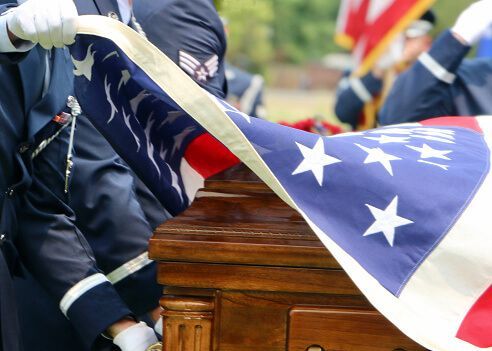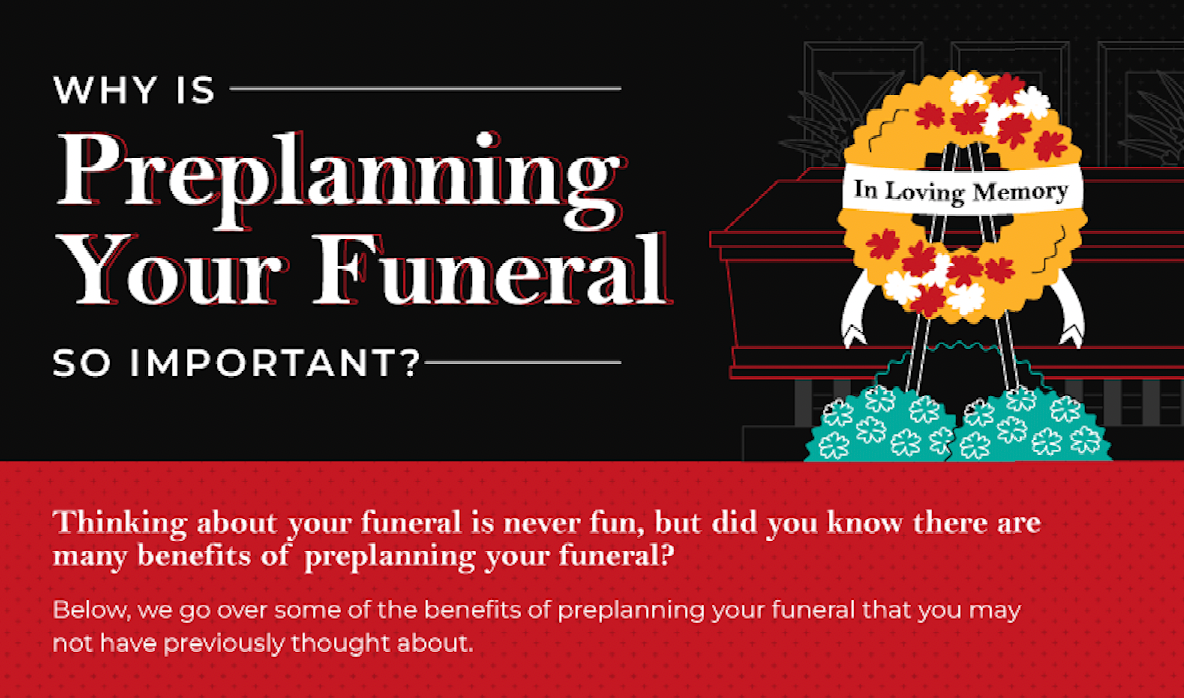Funeral Etiquette
It’s no secret that funerals can be difficult to attend, not only for family members but also for friends and colleagues. What do you say to those who lost a loved one? How do you interact with them or encourage them if they’ve brought up their feelings of sorrow?
No matter who you’re remembering at the services, funeral etiquette remains mostly the same. Keep reading to learn more and put your mind at ease before attending a funeral.
Should I attend?
Funerals are rarely an invite-only occasion. If you knew the person who passed away, attending their funeral is a way to pay your respects and remember their life and your times together.
If you did not know the person but know their family well, going to at least one of the traditional services gives you the opportunity to show your support to the family.
The only instance in which you should not attend a funeral is if your presence would make anyone uncomfortable or if the family prefers a private, intimate ceremony instead.
What should I wear?
The color black is the standard option when it comes to funeral attire. However, darker shades of gray, blue, and even eggplant are all acceptable alternatives.
Remember that a funeral is not the place for a fashion statement. Look for more conservative pieces and avoid bright colors overall. Less formal clothing is appropriate if the services are held outdoors, but avoid casual pieces such as shorts, flip-flops, t-shirts, etc.
What should I say?
Knowing the right thing to say under these circumstances is close to impossible; it will depend on the relationship with the deceased. Aim for simple statements such as “my condolences to you and your family” or “my thoughts are with you all.”
However, avoid phrases such as “they’re in a better place” and “it will get better in time,” as they can come off as insensitive and unhelpful to those in mourning. You should also steer clear of asking how they passed, commenting on medical care, and saying whether you think something could have been done differently. Lastly, do not tell them that you know how they feel. This can come off as inconsiderate as everyone grieves differently and everyone’s relationships are different.
Where should I sit?
Seating arrangements are among the most commonly unknown aspects of funeral etiquette, whether it’s taking place at a funeral home, in a church, at a gravesite, or all of the above. In most cases, the first few rows of seats are reserved for family members. Sitting more toward the middle or the back is a safe bet to make sure you’re not overstepping or taking anyone’s seat.
When should I arrive?
Aim to arrive 10-20 minutes before the services are scheduled to start. This gives you time to interact with other guests and find somewhere to sit. If you arrive late, avoid the center aisles and find a seat as close to the back as possible so you don’t disturb the services.
Should I bring children?
There is no definitive answer when it comes to this question. There are a number of variables to consider, such as relationship to the deceased, age of the child, whether or not they’ll be able to behave, and so on.
If you choose to bring your child to the services, keep in mind that people are in mourning. Check to see if there’s a cry room you can go to or sit by an exit so that you can quickly leave the area if your child starts acting up.
How can I help?
Chances are they have plenty of people offering to help or asking what they need, but being more specific can go a long way. Offer to take flowers to the gravesite, pick up or drop off someone at the airport, find old pictures for the memorial service, and so on. These gestures go above and beyond and give them one less detail or task to think about.
What do I do after?
The days leading up to a funeral can seem like a whirlwind for those who have lost a loved one. From making arrangements to interacting with people they haven’t seen in years, it’s easy to stay distracted up until a few days after the funeral. The days and weeks after the dust has settled are often the most challenging time for them to adjust to this painful life change.
Make sure to check in after life has gone back to normal and the reality of the situation has set in. In most cases, that is the time they’ll need someone to be there for them more than ever before. It’s also important to remember special dates and holidays, especially the first ones that they’re experiencing without their loved one.
If you’ve just experienced a loss and find yourself searching “funeral homes near me” in either Calvert or Prince George’s County, consider Lee Funeral Homes. We have years of experience caring for families, and we assure you that your family can entrust your loved one’s wishes to our staff. We offer a wide range of resources to support you not only today, but in the weeks and months to come.












